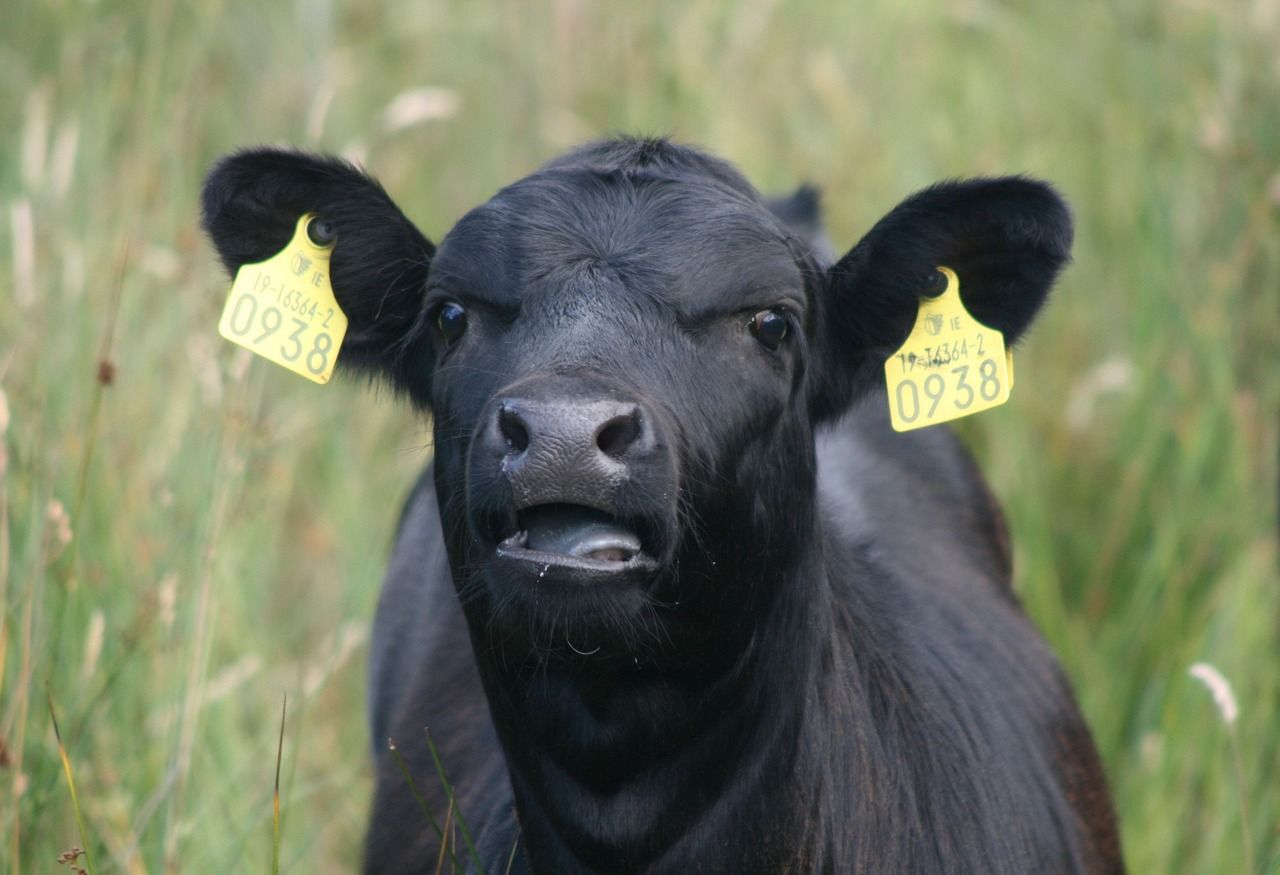A group of institutional investors worth $1 trillion has joined forces to fight against the overuse of antibiotics in livestock for meat and poultry.
Jeremy Coller, founder of private equity secondaries house Coller Capital, and his Farm Animal Investment Risk & Return (FAIRR) initiative have led the group, which is lobbying 10 publicly-traded companies to make changes to their meat and poultry supply chains.
The group of 54 investors, which includes Aviva Investors, Natixis Asset Management, ACTIAM, Mirova, Coller Capital and Strathclyde Pension Fund, has written to the companies and asked them to set appropriate timelines to prohibit the use of all medically important antibiotics in their global meat and poultry supply chains.
These companies are: Brinker International Restaurants; Darden Restaurants; Domino’s Pizza Group; J. D. Wetherspoon; McDonald’s Corporation; Mitchells & Butlers; Restaurant Brands International; The Restaurant Group; The Wendy’s Company; and Yum! Brands.
“The FAIRR initiative had made a clear link between factory farming and antibiotic resistance in humans, as 80% of US antibiotics are used in closed confinement farming systems,” said Abigail Herron, head of responsible investment engagement at Aviva Investors, which manages over £246 billion ($353 billion). “That statistic alongside reports from the World Health Organisation about a post-antibiotic era where common infections and minor injuries would result in death was very sobering to hear, especially from such a carefully worded organization.”
The Coller initiative follows a recent report from the FAO on the threat to food security from the overuse of antibiotics and that the rise of microbes that are resistant to current antibiotic treatments places animal health at risk with dangerous consequences for rural regions. President Obama recently requested extra funding to fuel a White House initiative targeting antibiotic resistance, and fund data collection on its use by the USDA. Reducing antibiotic resistance in food was also one area of focus for a $30 million pool of USDA grants awarded to research projects earlier this year.
Global agribusiness Cargill also recently announced it was eliminating 20 percent of shared-class antibiotics from four of its feedlots located in Texas, Kansas, and Colorado representing some 1.2 million cattle.
According to the World Health Organisation, when existing antibiotics run out of efficacy — there have been no new antibiotics discoveries for 30 years — operations and procedures such as a hip replacement, birth, organ transplants and chemotherapy will be much more serious.
Antibiotics are used to prop up the cramped and overcrowded conditions of factory farms where disease is naturally rife. And some regional meat industries of the US are particularly reliant on their use.
New Zealand is leading the way in fighting antibiotic resistance and has committed to ensuring all meat produced in the country is antibiotic free by 2030. In the US, only 5% is, according to Herron.
For Aviva there is also a consumer-driven angle; the parent company offers life and health insurance. “Medical treatments that get much more risky or are taken off the table cause concern for us as an insurance company,” she said. “Our investment subsidiary Aviva Investors is also heavily invested in the pharmaceutical sector so you can clearly see why we’re concerned. We’re also invested in several food prodders and retailers, so it’s easy to make the case to seek comfort from those companies.”
Would Aviva divest from any of these companies in the near-term to make the point?
“We’d rather use our voice to change companies into becoming better long term prospects than just walking way. In the first instance, we will make these calls and encourage them to be robust and think about the long term and short term issues that could make them a less attractive proposition for our clients’ money.”
There are some agtech startups that are trying to mitigate the risk of antibiotic use by producing alternative therapies. Ag biotech company EpiBiome is one example; it recently raised a $6 million Series A. And Advanced Animal Diagnostics hopes to help cut back on the number of antibiotics administered to livestock on farms through the better diagnosis of disease and infection.
Here’s a full list of the investors that signed the letters to the 10 companies: ACTIAM, Adrian Dominican Sisters, Australian Ethical, Aviva, Barrow Cadbury, Boston Common Asset Management, CFB Methodist Church, Christian Super, Christopher Reynolds, Civic Capital Group LLC, Clean Yield Asset Management, Coller Capital, Congregation of St Basil, Dana Investment Advisors, Dignity Health, Dominican Sisters – Grand Rapids, EdenTree Investment Management Ltd, Etica SGR, Everence and the Praxis Mutual, First Affirmative Finance, Friends Fiduciary Corporation, Goodfunds Wealth Management, Green Century, Impax Asset Management, LankellyChase, Maryknoll Sisters, Menhaden, Mennonite Education Agency, Mercy Investments, Mirova, Natixis, Natural Investments LLC, Northstar Asset Management, Northwest Coalition for Responsible Investment, Pax World, Region VI Coalition for Responsible Investment, Sevent Generation Interfaith Inc, Sisters of Charity BVM, Sisters of the St Francis of Philadelphia, Sisters of the Presentation of the BVM, Sonen, Strathclyde Pension Fund, Sustainable Investment Partners, Swift Foundation, The JMG Foundation, The Polden-Puckham Charitable Trust, The Sustainability Group of Loring, Wolcott & Coolidge, Trillium, Trinity Health, Tri-State Coalition for Responsible Investment, WHEB Group and Zevin Asset Management.
Have news or tips? Email [email protected]





